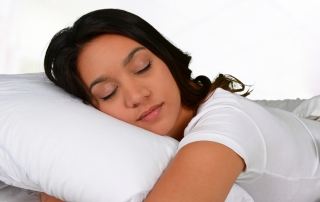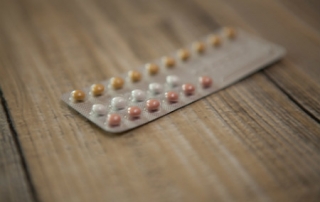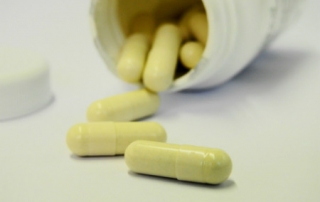Metformin May Help to Treat Menstrual Irregularities in Women Treated with Antipsychotics
Menstrual irregularity is a common side effect of antipsychotic treatment in women, occurring more commonly in those treated with risperidone and the older antipsychotic medications. New research presented at the APA earlier this month indicated that the addition of metformin at 500 mg bid resolved menstrual irregularities in most women treated with antipsychotic medications. (Metformin is a medication used alone or with other medications, including insulin, to treat type 2 diabetes.) In addition, women receiving metformin lost an average 2.4 kg of weight after 6 months of treatment.








